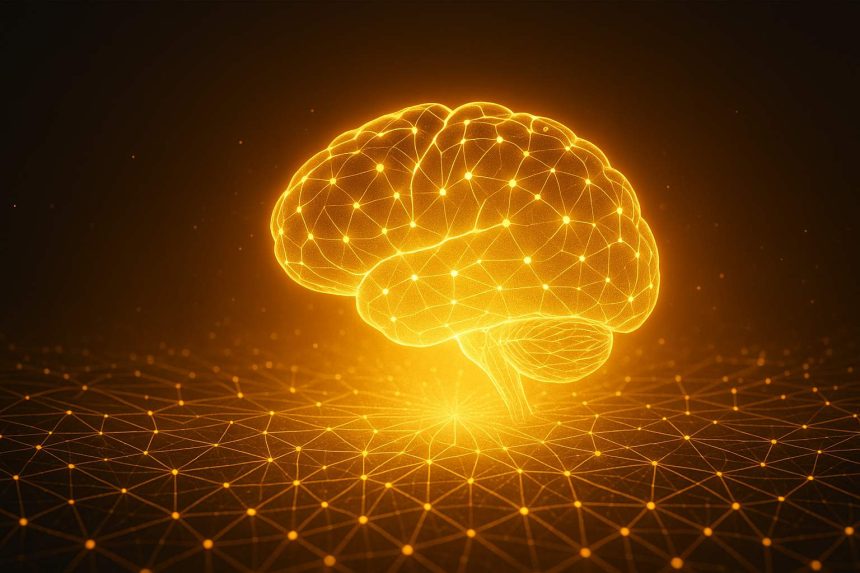From disruption to reflection
The early Internet was built on the promise of disruption — break the rules, move fast, innovate at all costs.
That philosophy fueled progress, but it also created blind spots.
The Cambridge Analytica revelations forced the tech world to pause and ask: what kind of future are we building?
- From disruption to reflection
- The moral reset of the tech industry
- The rise of ethical design
- The power of public pressure
- New ethical movements in tech
- The role of government and regulation
- The academic revival of digital ethics
- The cultural transformation
- The role of citizens
- The next frontier: ethics by design
- The spiritual dimension of technology
The post-Analytica era is defined not by new technology, but by a new mindset — one that values accountability as much as innovation.
The moral reset of the tech industry
In the years since the scandal, major companies have started to integrate ethical frameworks into their operations.
Teams of AI ethicists, data privacy officers, and responsible innovation leads have become standard in Silicon Valley and beyond.
What began as damage control has evolved into a moral reset — a recognition that technology shapes not only markets but minds, societies, and futures.
The rise of ethical design
Ethical design has become a central pillar of this renaissance.
Designers are rethinking how apps capture attention, how notifications manipulate behavior, and how algorithms influence emotions.
Instead of optimizing for engagement, the new generation of ethical designers is optimizing for well-being — creating interfaces that encourage mindfulness rather than addiction.
The power of public pressure
None of this change happened by accident.
Public outrage after Cambridge Analytica, combined with investigative journalism and academic research, created the pressure that forced companies to act.
Consumers began rewarding transparency and punishing deception.
In a rare twist, ethics became good business.
New ethical movements in tech
From the Time Well Spent movement to the Center for Humane Technology, a growing number of organizations are leading efforts to make the digital world more aligned with human dignity.
Their message is clear: technology should amplify human potential, not exploit human weakness.
The role of government and regulation
Lawmakers have also joined the conversation, crafting new rules for an ethical Internet.
Initiatives like the Digital Services Act (DSA) in Europe and emerging AI regulations aim to balance innovation with accountability.
However, laws alone cannot create an ethical Internet — they must be supported by cultural change within the tech ecosystem itself.
The academic revival of digital ethics
Universities worldwide are launching programs in technology ethics, digital sociology, and computational philosophy.
Students are learning to ask questions once dismissed as abstract: What does justice look like in an algorithmic world? Who benefits from automation? Who is left behind?
This educational movement is producing a generation of technologists who are not only skilled but morally conscious.
The cultural transformation
Beyond institutions, culture itself is shifting.
Documentaries, books, and public debates now regularly tackle the ethics of data, privacy, and manipulation.
The scandal that once symbolized exploitation has become a rallying cry for transparency and reform.
The role of citizens
The digital ethics renaissance is not just a top-down movement — it’s powered by individuals.
Ordinary users are reclaiming control through privacy tools, open-source projects, and ethical alternatives to mainstream platforms.
This grassroots energy is redefining what it means to be a digital citizen — active, informed, and responsible.
The next frontier: ethics by design
The future lies in embedding ethics directly into technology.
Imagine algorithms that explain their logic, platforms that prioritize consent, and data systems that forget by default rather than remember forever.
This vision is already emerging — in decentralized identity systems, federated AI models, and transparent data governance frameworks.
The spiritual dimension of technology
Some thinkers argue that technology has entered a spiritual phase — a time when humanity must decide what kind of consciousness it wants to encode into its machines.
The Cambridge Analytica scandal, in this view, was a moral awakening — a collective confrontation with the soul of technology.
The digital ethics renaissance is, in essence, a movement to rehumanize the machine.
Takeaway: The Cambridge Analytica era began with manipulation but may end with transformation.
The rise of digital ethics marks humanity’s decision to build not just smarter technologies, but wiser ones.
This is not a return to the past — it’s a leap toward a more humane digital future.







